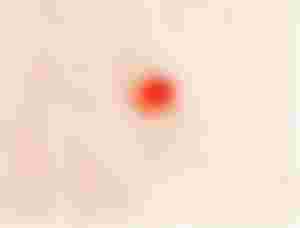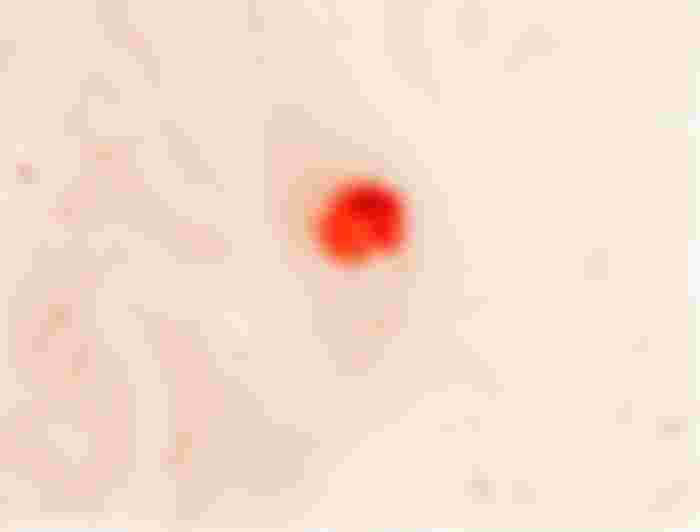Infectious diseases spread , causes and prevention
Introduction: Infectious diseases are caused by pathogens such as bacteria, viruses, fungi, or parasites that enter the body and cause harm to the host. These diseases can range from mild to severe and can be transmitted through contact with infected individuals, contaminated food or water, or even through the air. In this article, we'll explore the different types of infectious diseases, their causes, symptoms, and prevention methods.
Types of Infectious Diseases:
Bacterial Infections: Bacterial infections are caused by bacteria that can multiply and spread throughout the body. Some common bacterial infections include strep throat, urinary tract infections, and pneumonia. Symptoms can range from mild to severe, and treatment usually involves antibiotics.
Viral Infections: Viral infections are caused by viruses that invade host cells and use them to replicate. Some common viral infections include the common cold, flu, and HIV/AIDS. Symptoms can range from mild to severe, and treatment usually involves antiviral medication.
Fungal Infections: Fungal infections are caused by fungi that can grow on the skin, nails, or in the body. Some common fungal infections include athlete's foot, ringworm, and candidiasis. Symptoms can range from mild to severe, and treatment usually involves antifungal medication.
Parasitic Infections: Parasitic infections are caused by parasites that live off their host. Some common parasitic infections include malaria, giardiasis, and toxoplasmosis. Symptoms can range from mild to severe, and treatment usually involves antiparasitic medication.
Causes of Infectious Diseases:
Direct Contact: Direct contact with an infected individual is a common cause of infectious diseases. This can occur through physical contact, such as shaking hands, or through exposure to bodily fluids, such as blood or saliva.
Indirect Contact: Indirect contact with an infected individual can occur through contact with contaminated surfaces, such as doorknobs or countertops. This is why it's important to practice good hygiene, such as washing your hands regularly and avoiding touching your face.
Ingestion: Ingesting contaminated food or water can also lead to infectious diseases. This is why it's important to practice food safety measures, such as washing fruits and vegetables and cooking meat thoroughly.


Symptoms of Infectious Diseases:
The symptoms of infectious diseases can vary depending on the type of pathogen and the severity of the infection. Some common symptoms include:
Fever
Fatigue
Nausea and vomiting
Diarrhea
Rash
Coughing
Shortness of breath
Body aches and pains
Prevention of Infectious Diseases:
Vaccination: Vaccination is one of the most effective ways to prevent infectious diseases. Vaccines work by exposing the immune system to a weakened or inactive form of a pathogen, which helps the body build immunity to the disease.
Hand Hygiene: Hand hygiene is another important way to prevent infectious diseases. This includes washing your hands regularly with soap and water for at least 20 seconds or using hand sanitizer when soap and water are not available.
Food Safety: Practicing food safety measures, such as washing fruits and vegetables and cooking meat thoroughly, can also help prevent infectious diseases.

Conclusion: Infectious diseases can have a significant impact on public health. By understanding the different types of infectious diseases, their causes, symptoms, and prevention methods, we can work towards preventing and controlling the spread of these diseases. It's important to practice good hygiene, get vaccinated, and seek medical attention if you experience symptoms of an infectious disease.


